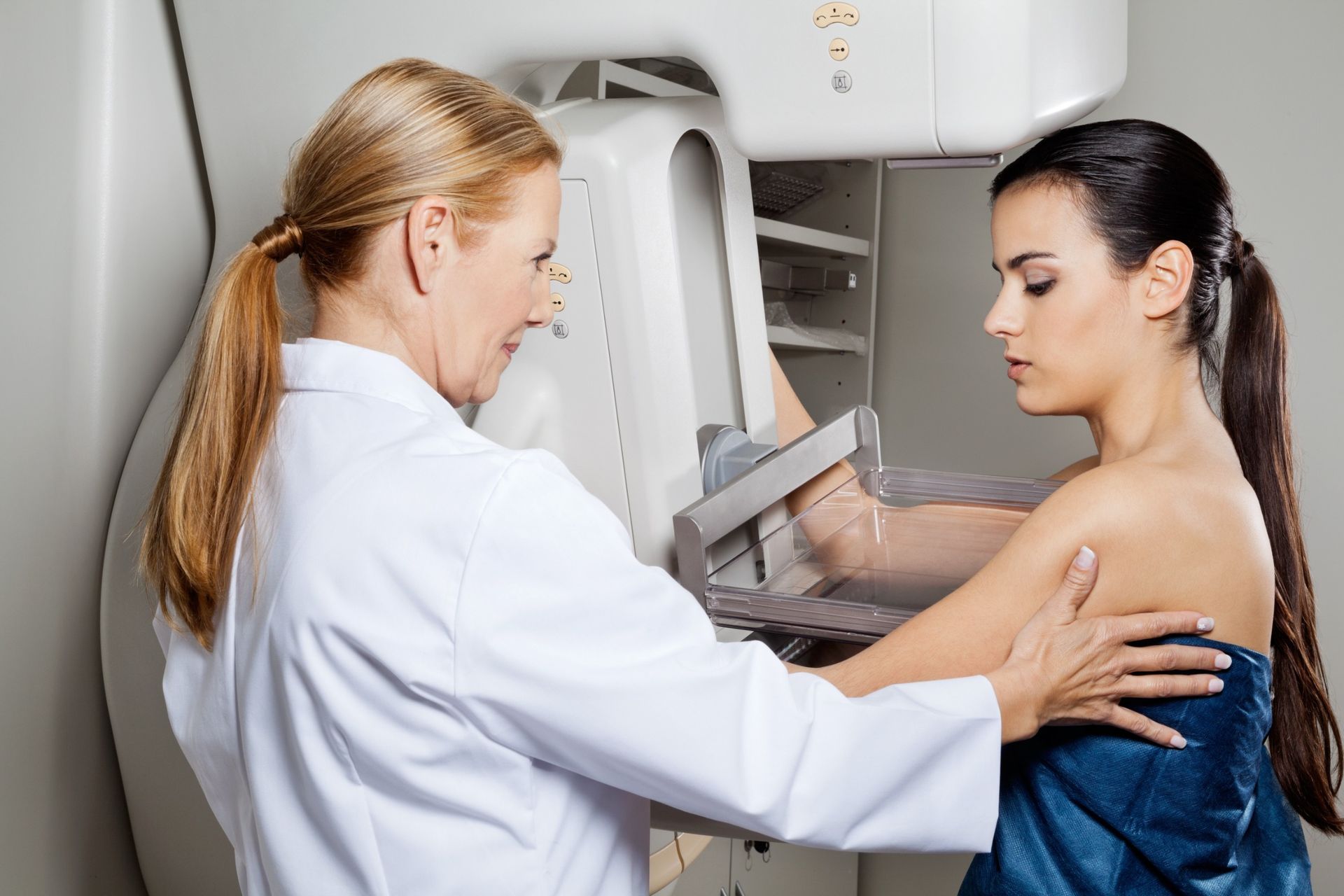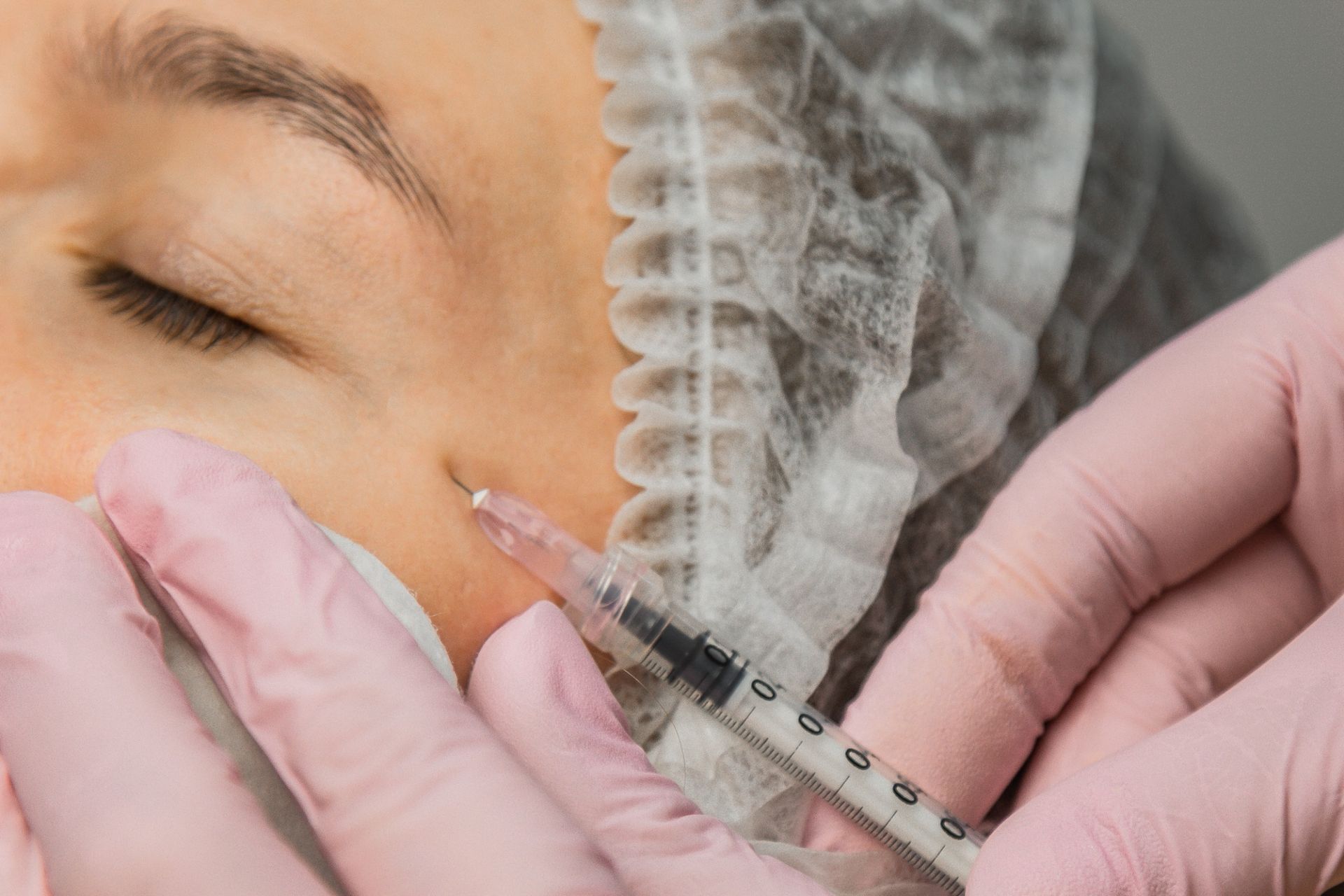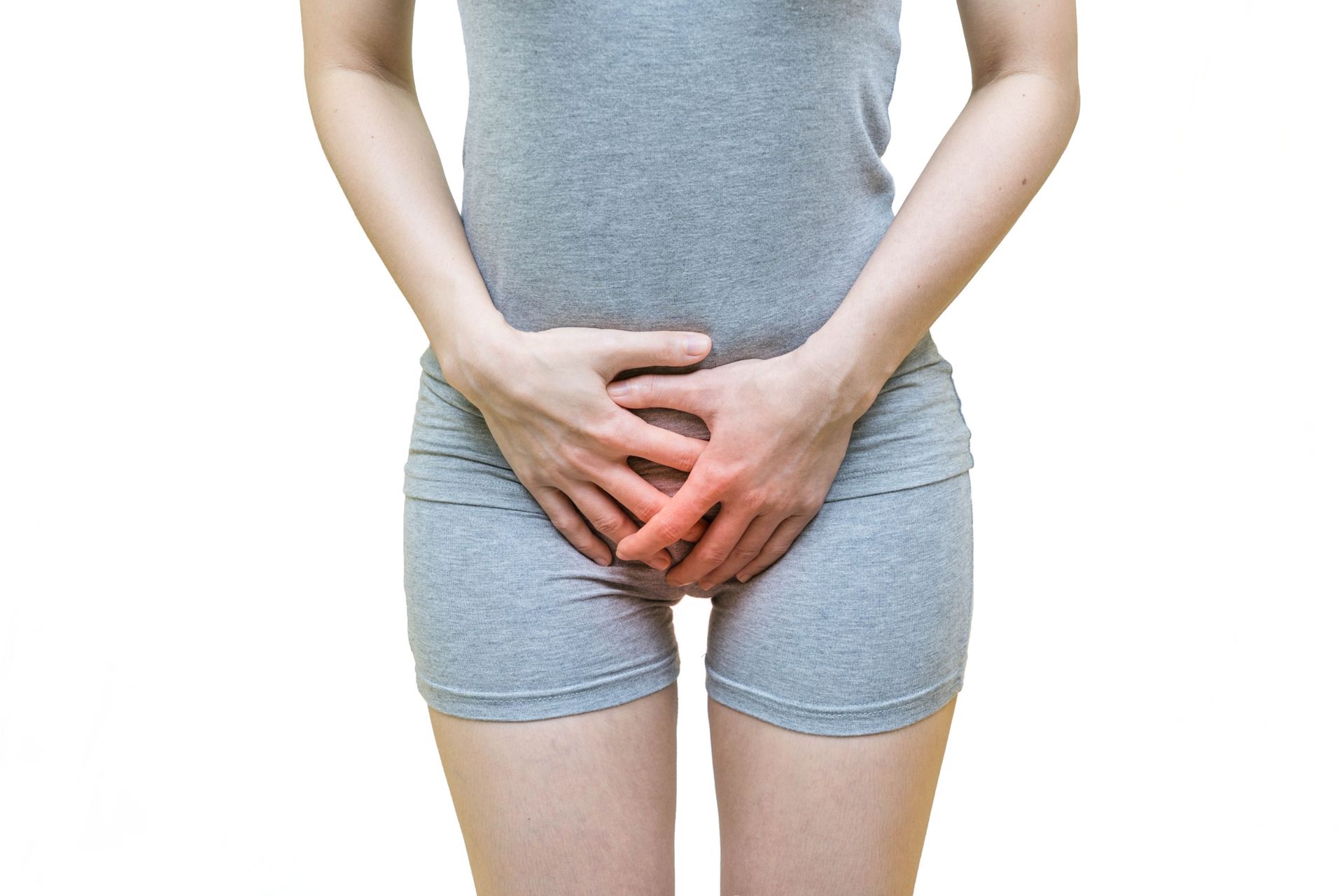The Role of Hormone Therapy in Women's Health: Benefits and Considerations
Achieving hormonal balance is a critical aspect of maintaining overall wellness, especially for women navigating the complex phases of their lives. Hormone therapy has emerged as a vital tool in managing various health concerns associated with hormonal imbalances. This approach not only aims to restore balance but also enhance the quality of life.
In this blog post, we'll explore the role of hormone therapy in promoting women's health.
Understanding Hormone Therapy
Hormone Therapy, often referred to as Hormone Replacement Therapy, involves the administration of either estrogen alone or in combination with progesterone for various health needs in women. These bio-identical or synthesized hormones mimic the natural hormones produced in women's bodies and are used to restore hormonal balance.
Types of Hormone Therapy
Hormone therapy can take several forms, customized to each woman's needs and medical history:
- Systemic hormone therapy, which comes in pill, patch, cream, gel, or spray form and is absorbed directly into the bloodstream.
- Low-dose vaginal preparations such as creams, tablets, and rings, used for genitourinary syndrome of menopause (GSM) symptoms, like dryness or discomfort during intercourse.
- Bioidentical hormone therapy (BHT) is often custom-compounded to match the individual's hormone levels with what is perceived as a natural form of hormone therapy.
The diversity in treatment types allows for a more personalized approach to women's health care.
Benefits of Hormone Therapy
The primary benefit of hormone therapy is menopause relief. It effectively addresses the various symptoms associated with menopause, helping women manage this transition more comfortably. The key advantages of hormone therapy for menopause relief include:
- Alleviation of Hot Flashes and Night Sweats: Hormone therapy significantly reduces the frequency and severity of hot flashes and night sweats, which are among the most common and discomforting symptoms of menopause.
- Improved Sleep: By mitigating hot flashes and night sweats, hormone therapy can lead to better sleep quality. This is crucial since sleep disturbances are widespread during menopause.
- Decreased Vaginal Discomfort: Hormone therapy helps alleviate vaginal dryness and irritation, improving comfort and sexual health.
- Reduced Risk of Osteoporosis: Estrogen plays a vital role in maintaining bone density. Hormone therapy can help prevent bone loss and reduce the risk of osteoporosis and fractures in postmenopausal women.
- Mood Regulation: Fluctuations in hormone levels during menopause can affect mood. Hormone therapy has been shown to help stabilize mood swings and reduce the risk of depression during menopause.
In summary, hormone therapy serves as an effective method for providing menopause relief, addressing both physical and emotional symptoms and improving overall quality of life.
Considerations Before Opting for Hormone Therapy
The decision to undertake hormone therapy is not to be taken lightly. There are crucial factors that an individual needs to consider and discuss with a healthcare professional to determine if HT is a suitable and safe option for them.
- Personal and Family Health History: A thorough evaluation of an individual's health history and her family's health history, particularly concerning breast cancer, heart disease, stroke, and blood clots, is essential before starting hormone therapy.
- Age and Time Since Menopause: The risks and benefits of hormone therapy can vary depending on a person’s age and how long it has been since she reached menopause. Typically, younger women and those who have recently entered menopause see more benefits.
- Risk Assessment: Assessing the risk of potential side effects such as blood clots, stroke, and certain types of cancer is crucial. Hormone therapy may not be recommended for women with a high risk of these conditions.
- Duration of Therapy: The duration of hormone therapy should be limited to the shortest time frame necessary to manage menopause symptoms, with regular evaluations to decide if the therapy should be continued.
- Lifestyle Factors: Lifestyle and behavioral factors such as smoking, alcohol consumption, diet, and physical activity levels can influence the effectiveness and risks associated with hormone therapy.
- Alternative Treatments: Discussing non-hormonal alternatives that may help manage menopause symptoms is important. Such alternatives could include lifestyle modifications, over-the-counter remedies, and non-hormonal medications.
Consulting with a healthcare provider to weigh the benefits against the risks is vital to making an informed decision about hormone therapy.
Impact of Hormone Therapy on Women's Health
Taking a step back to consider the broader effects of hormone therapy on women's health yields a more nuanced understanding of its role.
Beyond direct relief from menopause symptoms, hormone therapy has a wider impact on women's health, including:
- Prevention of age-related diseases: Studies have shown that hormone therapy can contribute to the prevention of age-related diseases, such as cardiovascular disease, when initiated at the right time.
- Impact on mental health: Hormone therapy can have a positive impact on mental health, reducing symptoms of depression and anxiety linked to hormonal imbalances.
- Influence on skin health: Estrogen plays a key role in maintaining skin health by promoting collagen production, which can lead to improved skin texture and reduced wrinkles.
- Support for joint health: Some research suggests hormone therapy can reduce the risk of developing osteoarthritis by maintaining joint health and function.
- Cognitive benefits: Early initiation of hormone therapy has been associated with a lower risk of cognitive decline and dementia in postmenopausal women.
Conclusion
The landscape of hormone therapy in women's health is complex, but it offers an array of benefits for those navigating the challenges of menopause. From symptomatic relief to enhancing overall quality of life, hormone therapy can be a valuable ally. However, the decision to pursue HT should be thoughtfully approached and with a full understanding of the benefits and potential risks involved.
Individualized care and a consultative relationship with a healthcare provider are critical in weighing the decision to begin, continue, or discontinue hormone therapy. By staying informed and active in this discussion, women can confidently chart a path toward better health that aligns with their unique needs and goals.
In the end, the conversation about hormone therapy must be one of balance – of addressing symptoms without compromising long-term health. For women and those who care for them, it's an ongoing dialogue that merits attention, consideration, and the shared pursuit of comprehensive well-being.
About Infinity Medical Group
Infinity Medical Group is a leading healthcare provider specializing in women's health, particularly menopause management. We offer comprehensive medical care covering a wide range of services, including Gynecology, Cosmetic Surgery, Obstetrics, Medical Weight Loss, Urogynecology, and Med Spa. Our dedicated team of healthcare professionals focuses on providing personalized treatment plans, considering each woman's unique circumstances and needs.
Our holistic approach extends beyond our clinic's walls, offering resources and online support, ensuring help is always just a click away.
For any queries, advice, or to schedule an appointment with our professionals, please feel free to Contact Us. We are here to support and guide you through your journey, ensuring that you receive the best possible care and services to manage this transition smoothly.
Call us today! 1-877-241-4004
507 S 4th St,
Clinton, Iowa, 52732
United States










